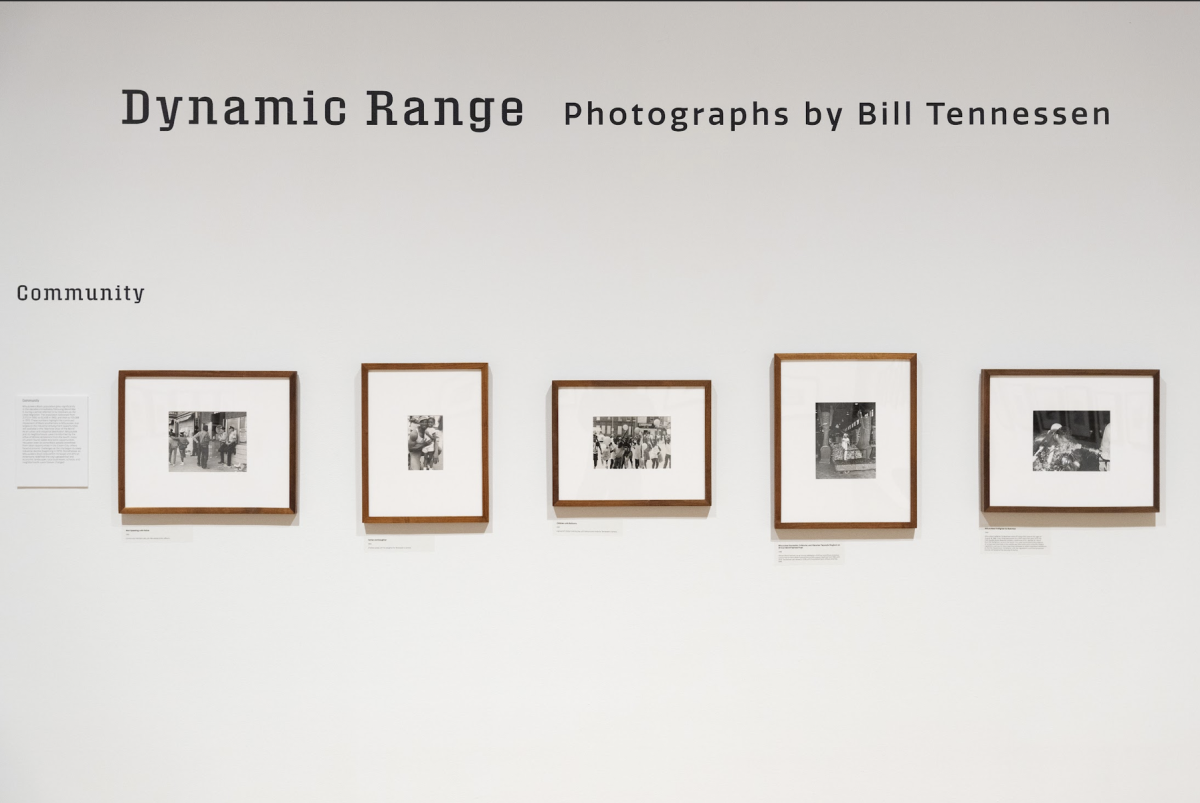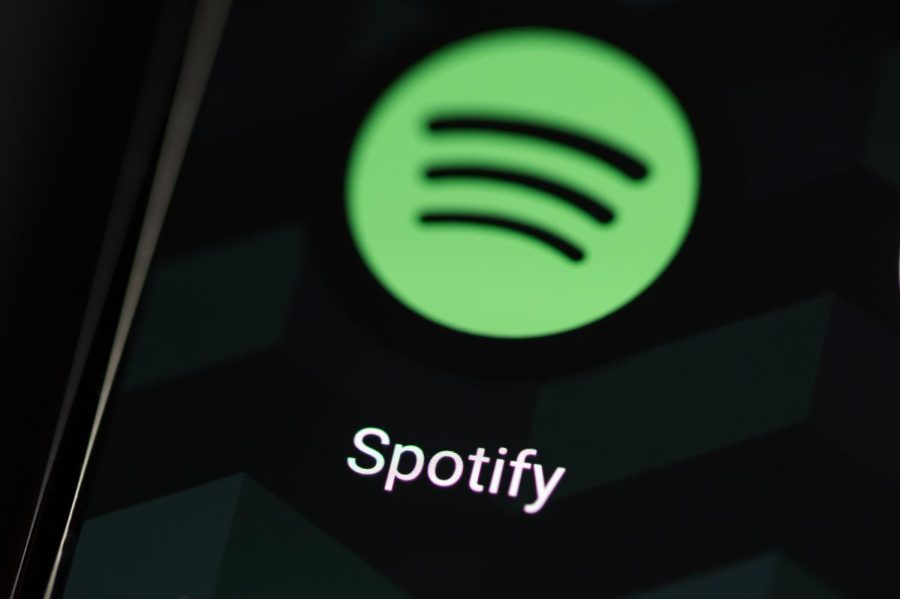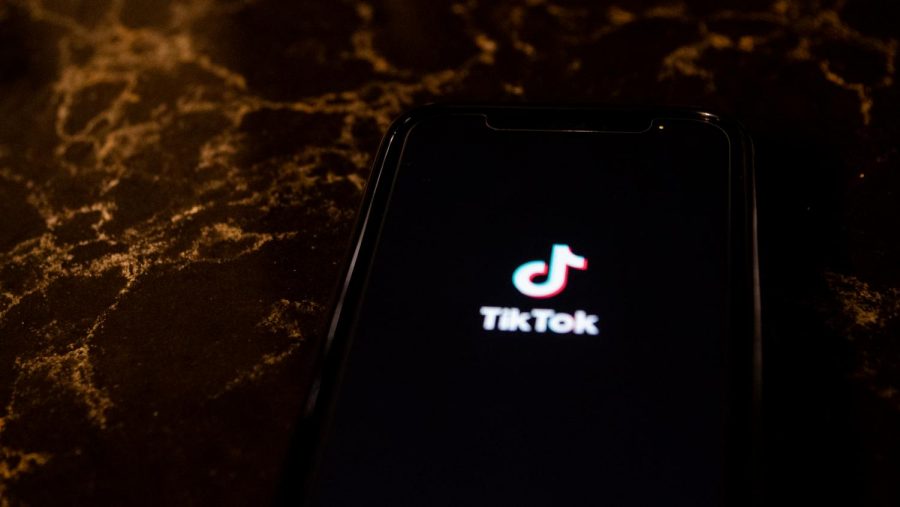With the rise of streaming services like Spotify and TIDAL, artists increasingly rely on touring and merchandising to support themselves financially.
Last week, New York University songwriting professor and singer-songwriter Mike Errico wrote an opinion piece in The New York Times declaring that touring is not a viable business strategy in the digital age.
While his article mainly criticizes new contract stipulations allowing record labels a greater share of profits from artist’s performances, Errico lays the blame for these changes directly on dropping sales of physical album releases. He is certainly not wrong; Rihanna’s much anticipated album “ANTI” sold less than 1,000 copies in its opening week, in part because of her decision to release it on TIDAL and a partnership with Samsung that gave a million copies to fans for free.
Errico argues that artists take on a larger risk by touring. He wrote that the physical stress and lack of recourse for artists with vocal or other injuries places them in a delicate position. Sure, there are the outliers like Bruce Springsteen who at 66 still plays 32-song concerts without a break, but the majority of musicians do not enjoy such longevity.
Errico ultimately suggests that by unionizing, musicians can reclaim a fair share of the profits and make touring a viable business strategy as it has been for centuries.
Right now, an album release acts as an advertisement for a band rather than an actual product. Sure, popular musicians can earn seven figures from streaming, but the majority of artists do not really make money unless someone streaming their album also buys a ticket or a T-shirt.
Rather than arguing over who gets a greater share of the profits, artists and record labels alike should work together to increase overall ticket sales. This can be most easily achieved by breaking the monopoly Ticketmaster holds over venues and concertgoers.
There are many issues with Ticketmaster’s current model, from the virtual legal monopoly they currently enjoy to the nonsensical fees and price gouging and the inability to buy tickets because of scalpers and bots. The rise of Ticketmaster in the early 21st century has led to higher ticket prices than ever before.
Ticketmaster obtained a virtual monopoly through a process called networking. Basically, Ticketmaster buys the right to sell tickets for popular music venues, often for many years in advance. As more venues join the network, the pressure for other venues to join increases.
While Ticketmaster cannot be blamed for its facility fee, there are at least three other ways they nickel and dime concertgoers. First, they collect expenses off the face value of the ticket. This in part can lead to an increased ticket price.
On top of that, they charge a convenience or service fee per ticket that also supposedly covers the expense in processing tickets.
Perhaps most ridiculous is the resell fee. If fans want to resell tickets that they already purchased from Ticketmaster and already paid fees on, the next purchaser pays an additional fee on the price for which the ticket sells.
None of these fees matter if you cannot even purchase a ticket. The rise of ticket purchasing bots has allowed scalpers to buy and resell tickets at massive price increases. Musicians and record labels do not see profits from these, and in fact, it hurts them in the long run by driving down the number of concerts the average fan attends.
An exceptionally insulting part of this system is that Ticketmaster’s website states the fees allow the company to provide customers with an access and distribution network. This is basically the same as saying, “We only charge absurd fees so we can continue to charge you absurd fees.”
The solution will be difficult. However, if artists and labels truly wish to embrace touring as the primary source of income, they need to make it easier and cheaper for fans to attend concerts and support their art.








